Farmacology: Healing from Farm To Body

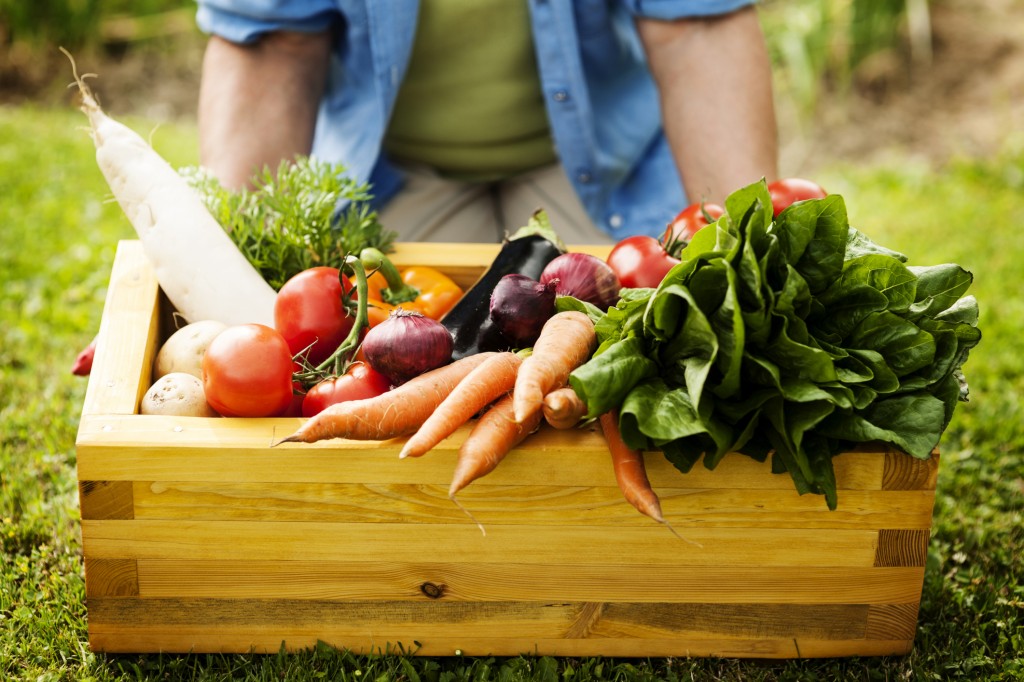
What can good farming teach us about nurturing ourselves?
Family physician Daphne Miller, M.D., long suspected that farming and medicine were intimately linked. Increasingly disillusioned by mainstream medicine’s mechanistic approach to healing and fascinated by the farming revolution that is changing the way we think about our relationship to the earth, Miller left her medical office and traveled to seven innovative farms across the country, on a quest to discover the hidden connections between how we care for our bodies and how we grow our food. Farmacology: What Innovative Family Farming Can Teach Us About Health and Healing, the remarkable book that emerged from her travels, offers us a compelling new vision for sustainable health and healing – and — wealth of farm-to-body lessons with immense value in our daily lives.
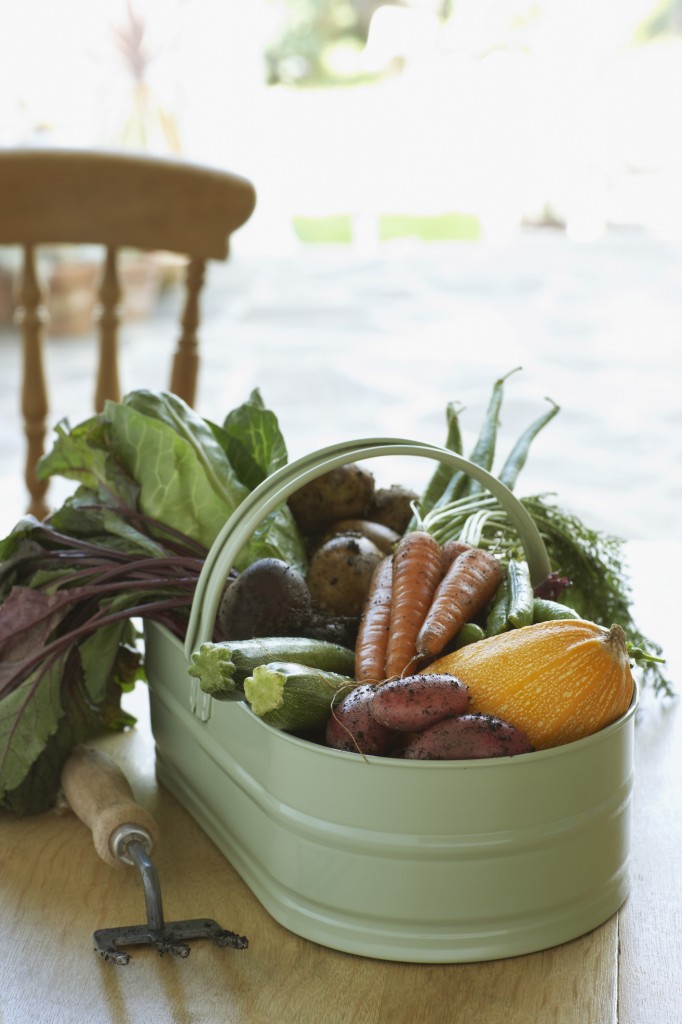 Miller begins her journey with a pilgrimage to the Kentucky homestead of renowned author and farming visionary Wendell Berry. Over the course of the following year, she travels to a biodynamic farm in Washington State, a ranch in the Ozarks, two chicken farms in Arkansas, a winery in California, a community garden in the Bronx, and finally an aromatic herb farm back in Washington. While learning from forward-thinking farmers, Miller explores such compelling questions as:
Miller begins her journey with a pilgrimage to the Kentucky homestead of renowned author and farming visionary Wendell Berry. Over the course of the following year, she travels to a biodynamic farm in Washington State, a ranch in the Ozarks, two chicken farms in Arkansas, a winery in California, a community garden in the Bronx, and finally an aromatic herb farm back in Washington. While learning from forward-thinking farmers, Miller explores such compelling questions as:
- What can rejuvenated depleted soil teach us about rejuvenation ourselves?
- How can a grazing system on a ranch offer valuable insights into raising resilient children?
- What can two laying-hen farms teach us about stress management?
- How do vineyard pest-management strategies reveal a radically new approach to cancer care?
- What are the unexpected ways that urban agriculture can transform the health of a community?
- How can an aromatic herb farm unlock the secret to sustainable beauty?
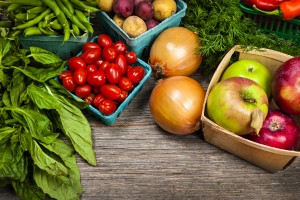
Throughout, Miller seeks out the perspectives of noted biomedical scientists and artfully weaves in their insights and research, along with stories from her own medical practice. The result is a profound new approach to healing, combined with practical advice for how to treat disease and maintain wellness.
Tilth is the good soil used for crops and the state of aggregation of a soil especially in relation to its suitability for crop growth. Farmacology lists the Five Steps To Perfect Tilth:
Step 1: Invest in Farm-Fresh. To better understand where your food comes from, meet local farmers or read about their farms online. Get an explanation of their farming methods and find out what role animals play on their farms.
Step 2: Eat for Biodiversity. Diverse diet means a diverse microbiota. Exchange your energy bars for a variety of primitive grains, faro, barley, fruits and vegetables. These foods offer a rich supply of antioxidants and vitamins in a form that is safer and more easily processed than supplement formulations.
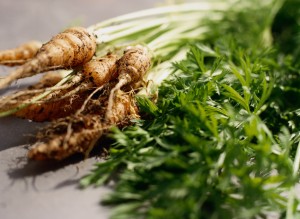
Step 3: Eat Dirt and Bugs. Well, not literally . . . but getting a little bit of soil in your system from food grown in healthy soil would be just fine. Eat the tougher, pest-nibbled, sun-exposed outer leaves and the peels of carrots, cabbage, Brussels sprouts, and other produce. This is precisely the part of the food that has the highest concentration of nutrients and is best suited for feeding those good Bacteroidetes and Actinobacteria in the intestine.
Step 4: Don’t Kill Your Good Bacteria. Many prescriptions and antibiotics that are recommended by doctors have a nasty way of obliterating beneficial bacterial species found in food.
Step 5: Engage in Farm Love. Volunteer in a local park and a community garden. Gardening increases the chance for interpersonal communication and boosts one’s self of purpose. It’s a great form of exercise and being outdoors in the sunlight natural helps us raise our vitamin D.
By thinking like farmer ecologists, we can all make profound and lasting changes in our own health and in our own lives.
Author Bio:
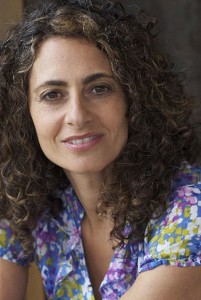 Dr. Miller is a practicing physician, author, and professor of family medicine at the University of California, San Francisco. For the past decade, her writing and teaching has explored the frontier between biomedicine and the natural world. Her widely acclaimed first book, The Jungle Effect, chronicles her nutrition adventures as she travels to traditional communities around the globe. A contributing columnist to the Washington Post as well as other newspapers and magazine, Miller holds a medical degree from Harvard University and an undergraduate degree from Brown University. She lives and gardens in Berkeley, California, with the architect David Levey, their two teenagers, a dog, and a cat.
Dr. Miller is a practicing physician, author, and professor of family medicine at the University of California, San Francisco. For the past decade, her writing and teaching has explored the frontier between biomedicine and the natural world. Her widely acclaimed first book, The Jungle Effect, chronicles her nutrition adventures as she travels to traditional communities around the globe. A contributing columnist to the Washington Post as well as other newspapers and magazine, Miller holds a medical degree from Harvard University and an undergraduate degree from Brown University. She lives and gardens in Berkeley, California, with the architect David Levey, their two teenagers, a dog, and a cat.